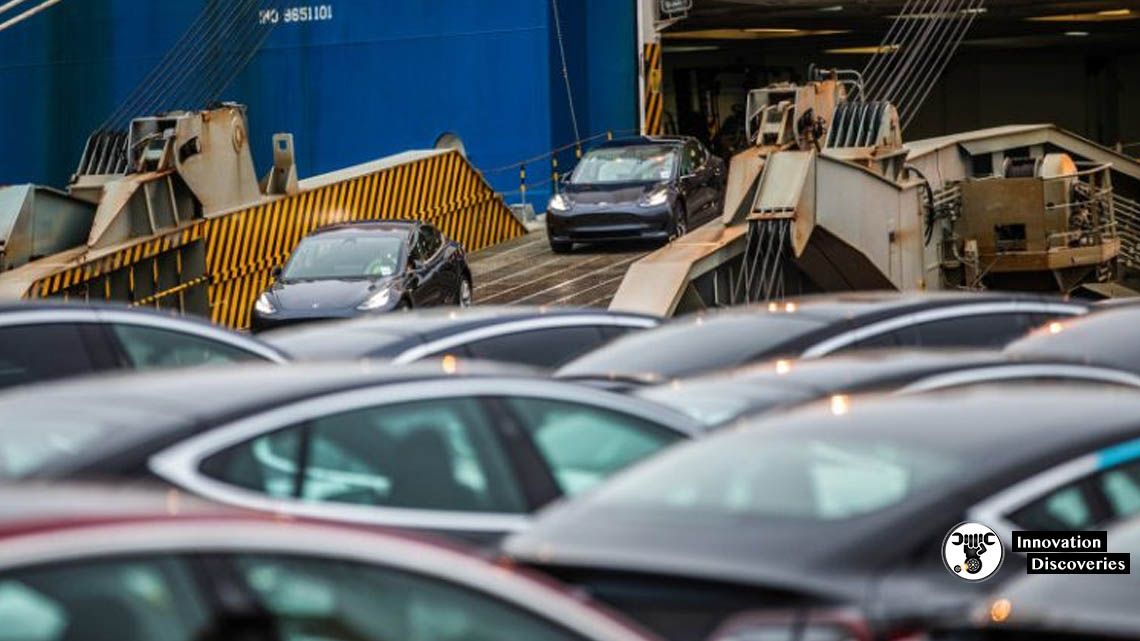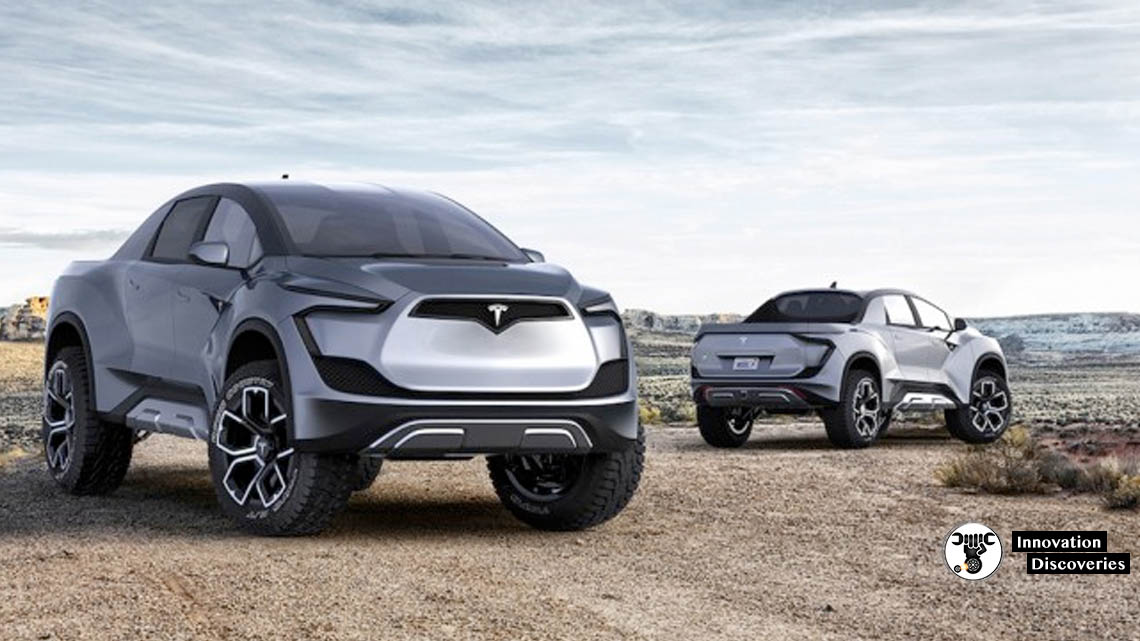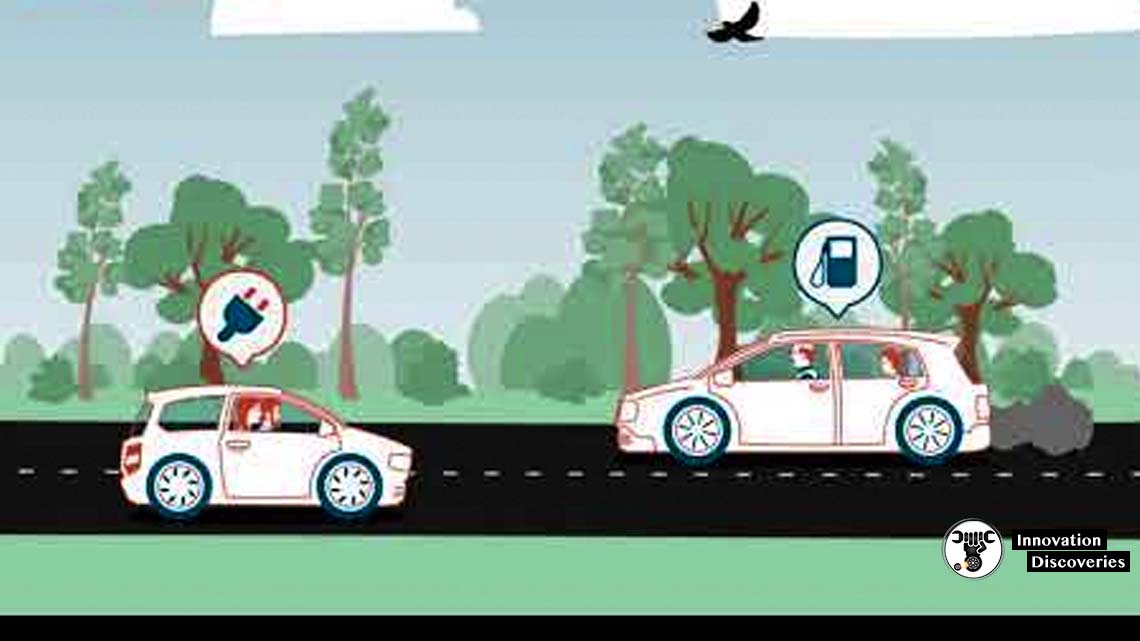In a slowly growing market, the future certainly looks bright for an all EV market
We’re slowly coming full circle in the way we power our cars.
It’s not the most well-known fact, but during the development of motor transport in the very early 1900s, it was electric cars that outsold all other types. Mind you, at the time they were competing with early petrol options, steam power and of course, the horse-drawn vehicles of their day.
However, the electric car of yesteryear held many of the same advantages of the electric cars of today.
To the electric cars of the today
Despite owning only a tiny share of the total car market, the EV market is growing each year.
Every year that goes by, the technology is improving to make EV’s the best they can.
Support from every marque is dictating the future of how we’re going to drive
There doesn’t appear to be a single car manufacturer that isn’t investing in some form of electric vehicle.
While the various hybrid options are currently leading the sales charge of electric vehicles, it’s the all-electric models that are fast becoming the talk of the industry.
Each marque knows that for the time being, their tried and tested petrol and diesel models are still the main contenders in driving sales figures.
What to expect from the car brands we know and love
Volkswagen is launching an all-electric SUV in 2020 with their hotly anticipated VW ID.3 set to follow soon after. This new all-electric option was recently unveiled at the Frankfurt Motor show.
The high-end sports cars are just as eager to enter the battle
Porsche have now unveiled their pure electric sportscar—the Taycan. Exploding from 0–62mph in 2.8 seconds, the dowdy reputation of electric cars is being laid to rest.
Backing up the Taycon is the Mission E Cross Turismo—an all-electric 4-seater sports model to challenge the Tesla Model S.
And then came the household front-runners…
With BMW, Audi, Lotus and Aston Martin all announcing hi-tech and high-performance electric models, don’t be confused into thinking it’s all about speed and power.
Peugeot’s e-208 was one of the stars of the 2019 Geneva Motor Show—a fast-selling city car styled respectfully to their 80’s smash hit 205.
Seat announced the El-Born, Skoda their Vision E, Honda, the Honda e.
EVs are much better for the environment
This is a big player when choosing an EV in the current market. Despite being more expensive to buy, the green pound is plugging for electric cars to protect the planet.
They’re cheaper to run and will be far more convenient—eventually
Don’t be fooled by those tree-hugging Nissan Leaf and Prius drivers. These cars cost significantly less to run. Apart from the fuel costs, there are considerably less moving parts, less associated operating consumables and far fewer and cheaper maintenance implications. Tax rates and surcharges are often zero-rated, or at the least, heavily reduced.
The government are pushing for it too
Due to the massive environmental benefits of driving an all-electric emission-free model, the government are offering a variety of incentives to make the switch.
They are pushing for 3/5 of all cars manufactured to be electric by 2030 in order to meet greenhouse gas targets.
The current problems with electric vehicle use
There are a few drawbacks to owning an electric vehicle in today’s market.
There isn’t the ease of acquiring power, as there is fuel for traditionally powered vehicles.
The time it takes for an EV battery charge is at best, 30 minutes from a high-powered delivery station.
Technology needs a battery revolution to compete with petrol-powered alternatives
We’ve had a lifetime to set up a network of petrol stations throughout the country and indeed, the world. You should never be caught short without the means to get to your destination or back home as long as there’s a service station in every town and village.
As more charging points are introduced, EV buyers will have the confidence that they can carry out the long journeys a full tank of petrol can manage. The time it takes to top up with current battery technology is the most significant area to receive funding for research and development.
Development of battery life and power is a priority.
Power factor correction will also create significant advantages in battery charging technology
With many of the current EV battery chargers operating on an AC-DC or a DC-DC converter without power factor correction, its introduction will affect the life and the performance of the car’s battery.
Dan, the founder of ProCarReviews, stated that the power factor of an EV charging station is vital.
If there is any harmonic distortion, it can reduce the performance of the charger and potentially damage the sophisticated batteries of the vehicle.






2 Comments